 Years ago, Australia was often described as a hotbed for piracy. This was a thorn in the side of copyright holders, who repeatedly asked the Government to help out.
Years ago, Australia was often described as a hotbed for piracy. This was a thorn in the side of copyright holders, who repeatedly asked the Government to help out.
On the top of their list was new legislation that would make it possible to compel ISPs to block pirate sites.
In 2015 this wish became reality with the passing of Section 115a of Australia’s Copyright Act. Soon after the amendments became law, the first blocking requests were submitted and since then ISPs have been ordered to block hundreds of sites.
The entertainment industry was happy with this new enforcement tool. However, they also felt that it wasn’t enough. Village Roadshow’s Graham Burke, in particular, took aim at Google and other search engines, which still indexed these pirate sites and many alternatives.
The Proxy and Mirror Loophole
To address these and other loopholes, new legislation was passed in 2018 which made it easier for proxies and mirrors to be blocked. In addition, it also opened the door to a new type of measure that required search engines to block pirate sites.
Initially, Google fiercely opposed the new plans but in a surprise move last year, the search engine voluntarily agreed to remove hundreds of sites from its Australian search results. This agreement was made without a court order. Instead, Google chose to remove sites that the ISPs were already blocking.
This was a step forward in the eyes of the rightsholders, but it was far from perfect. After being blocked, pirate sites would simply switch to new domains which are easy to find through search engines. While these are eventually covered through updated court orders, the process can take weeks.
“The pirates are taking advantage of the lag time between their criminal mirror site going up by changing one letter and us taking three or four weeks to go back through the court system,” Burke, who’s also the Chair of Creative Content Australia, told SMH .
Google Steps Up its Anti-Piracy Game, Again
To fix this ‘loophole’ Google has now agreed to a new arrangement that goes even further. In an agreement with copyright holders, Google promises to de-index mirrors and proxies as soon as they are reported.
This will happen before a court order is issued, without any judicial oversight. That said, it only applies to (presumed) alternative locations of domains that have previously been targeted by a blocking injunction.
This effectively addresses the mirror and proxy problem while the rightsholders are still in the process of getting an updated court order. By doing so, it will be harder for pirates to find alternative domain names.
“This is shutting down that loophole and it’s massive,” Burke said.
Did Google Have a Change of Heart?
Google’s cooperative stance runs counter to comments that were made earlier by the search engine. The company repeatedly argued that removing full domains from its search results is dangerous . In addition, it actively protested Australia’s blocking plans when they were announced.
TorrentFreak asked Google for a comment on the new voluntary agreement and how it differs from its previous statements, but the company didn’t immediately respond. Speaking with SMH, the search engine said that it hopes this measure will help address the piracy problem.
“We are hopeful these measures will be a welcome step towards protecting copyright and will provide a faster solution for rightsholders,” Lucinda Longcroft, director of public policy at Google Australia said.
From: TF , for the latest news on copyright battles, piracy and more.
 chevron_right
chevron_right
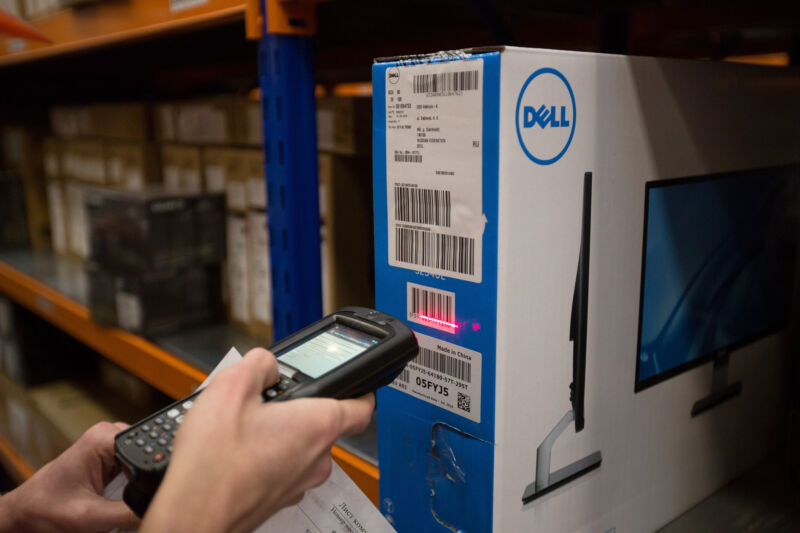

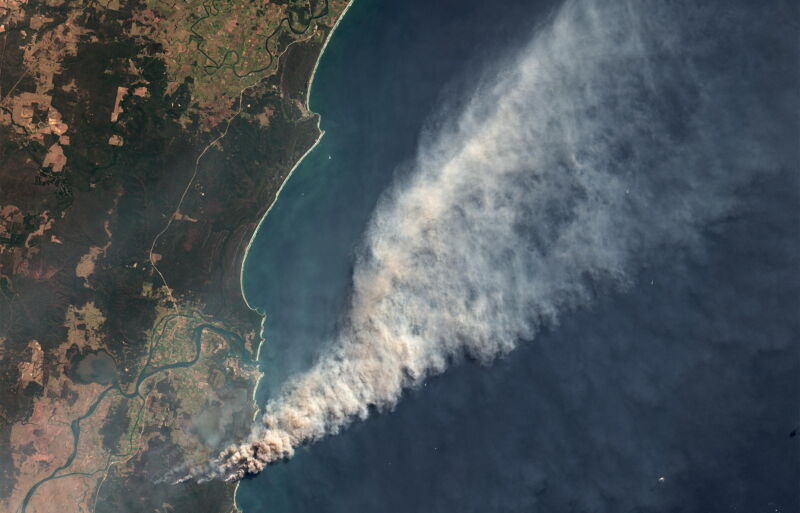

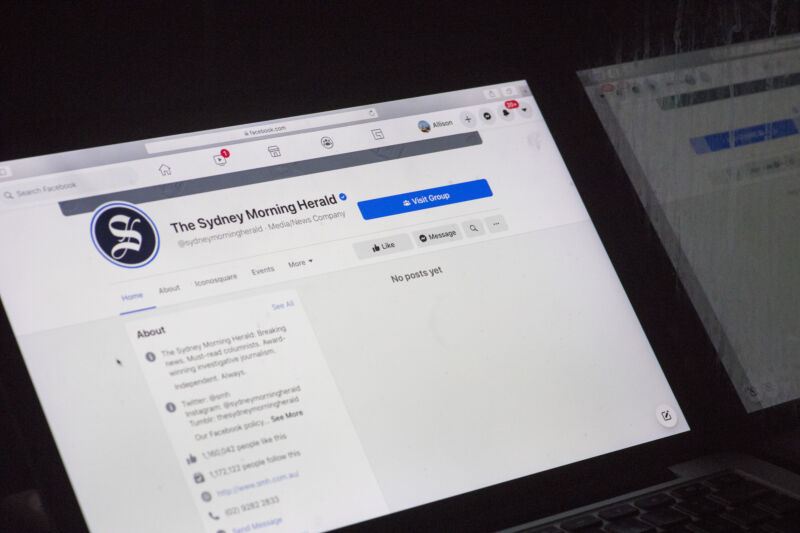

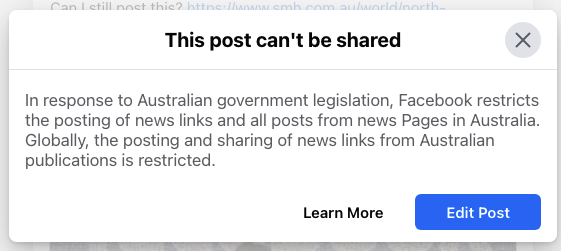
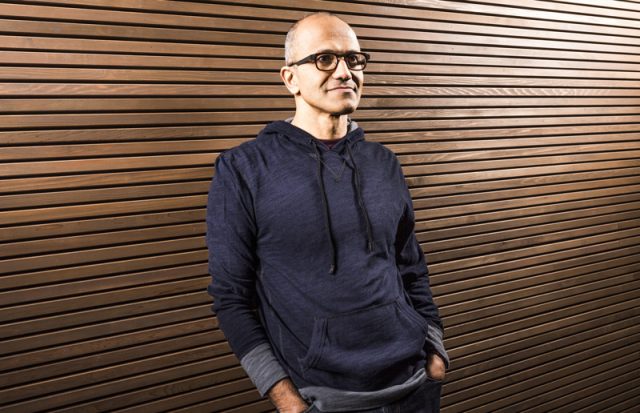
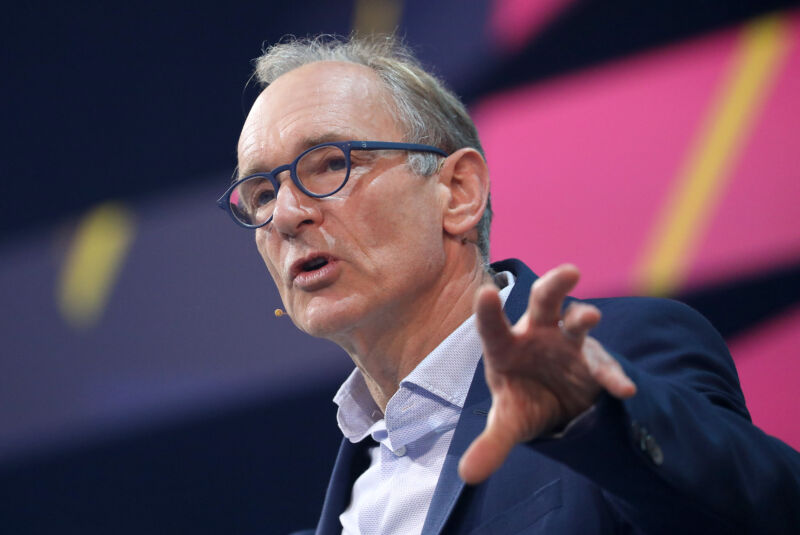
 Years ago, Australia was often described as a hotbed for piracy. This was a thorn in the side of copyright holders, who repeatedly asked the Government to help out.
Years ago, Australia was often described as a hotbed for piracy. This was a thorn in the side of copyright holders, who repeatedly asked the Government to help out.